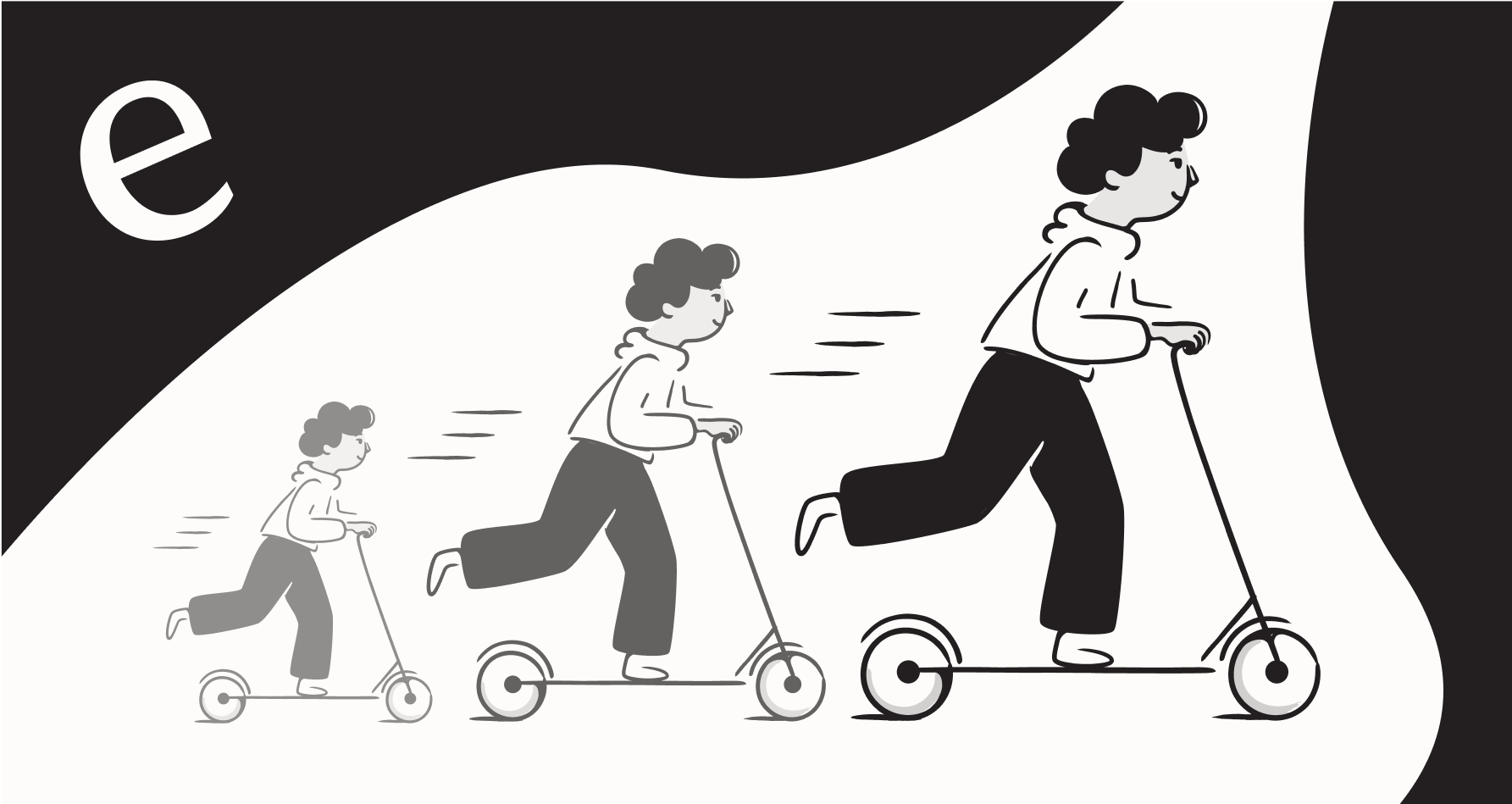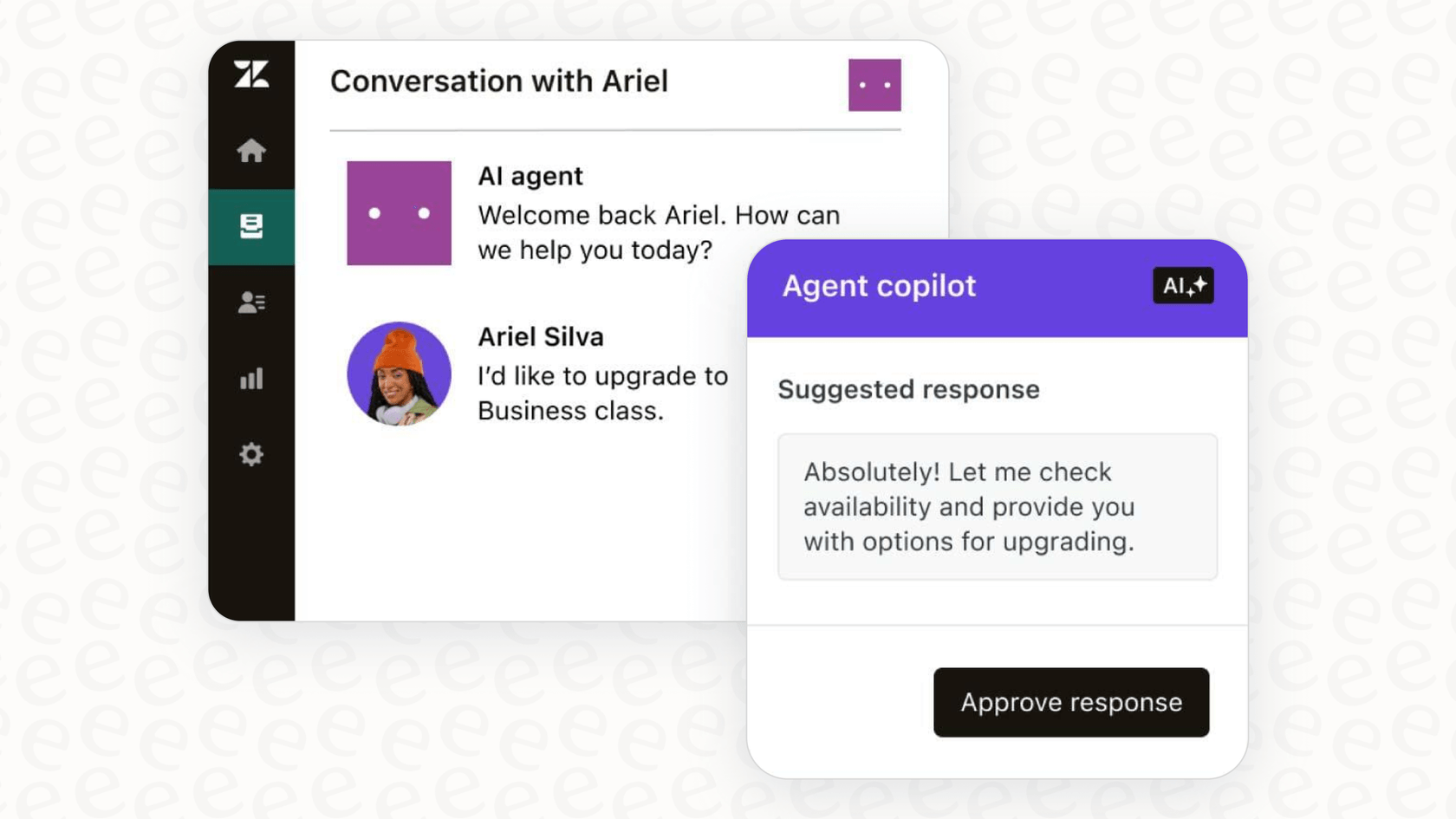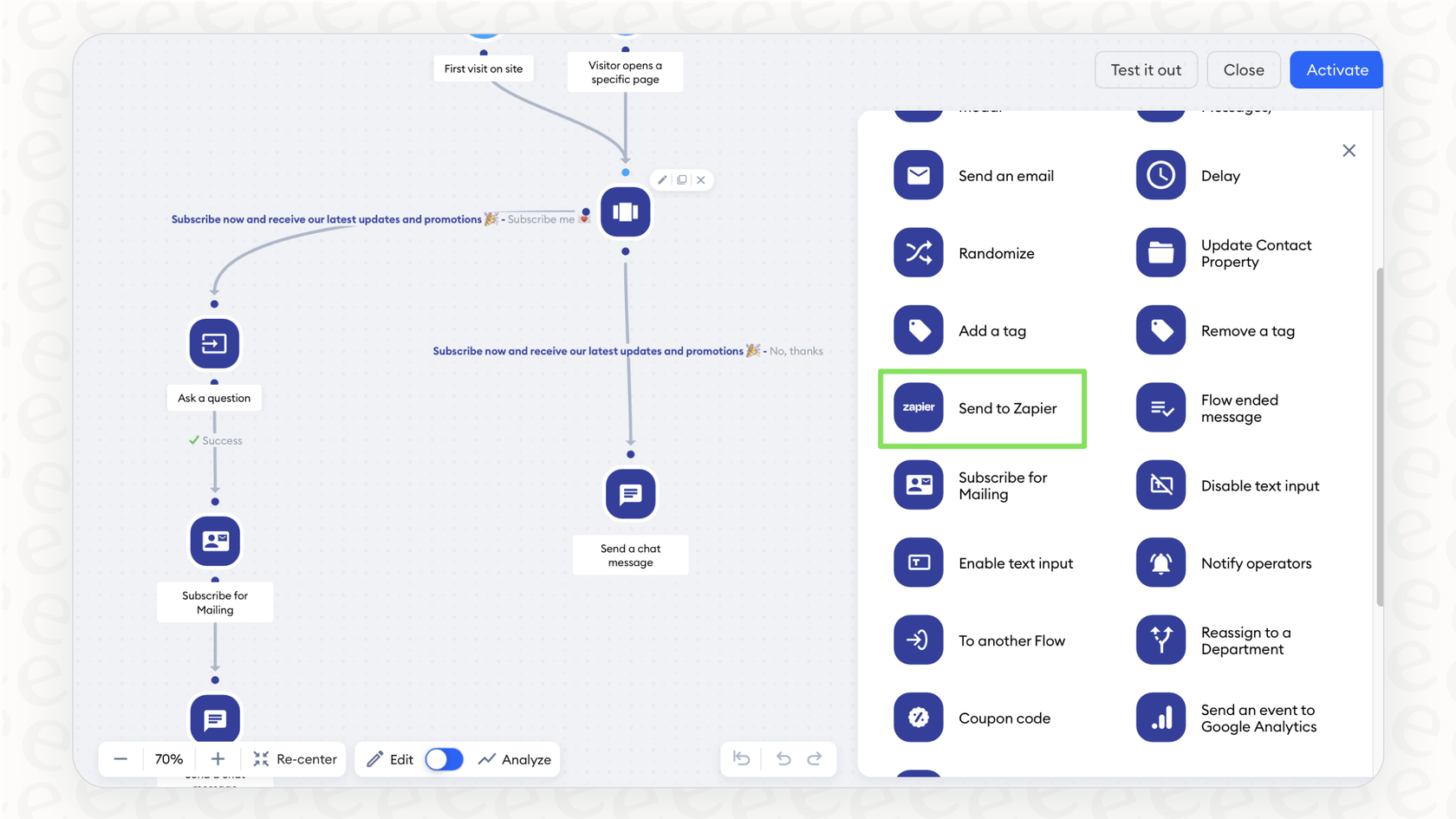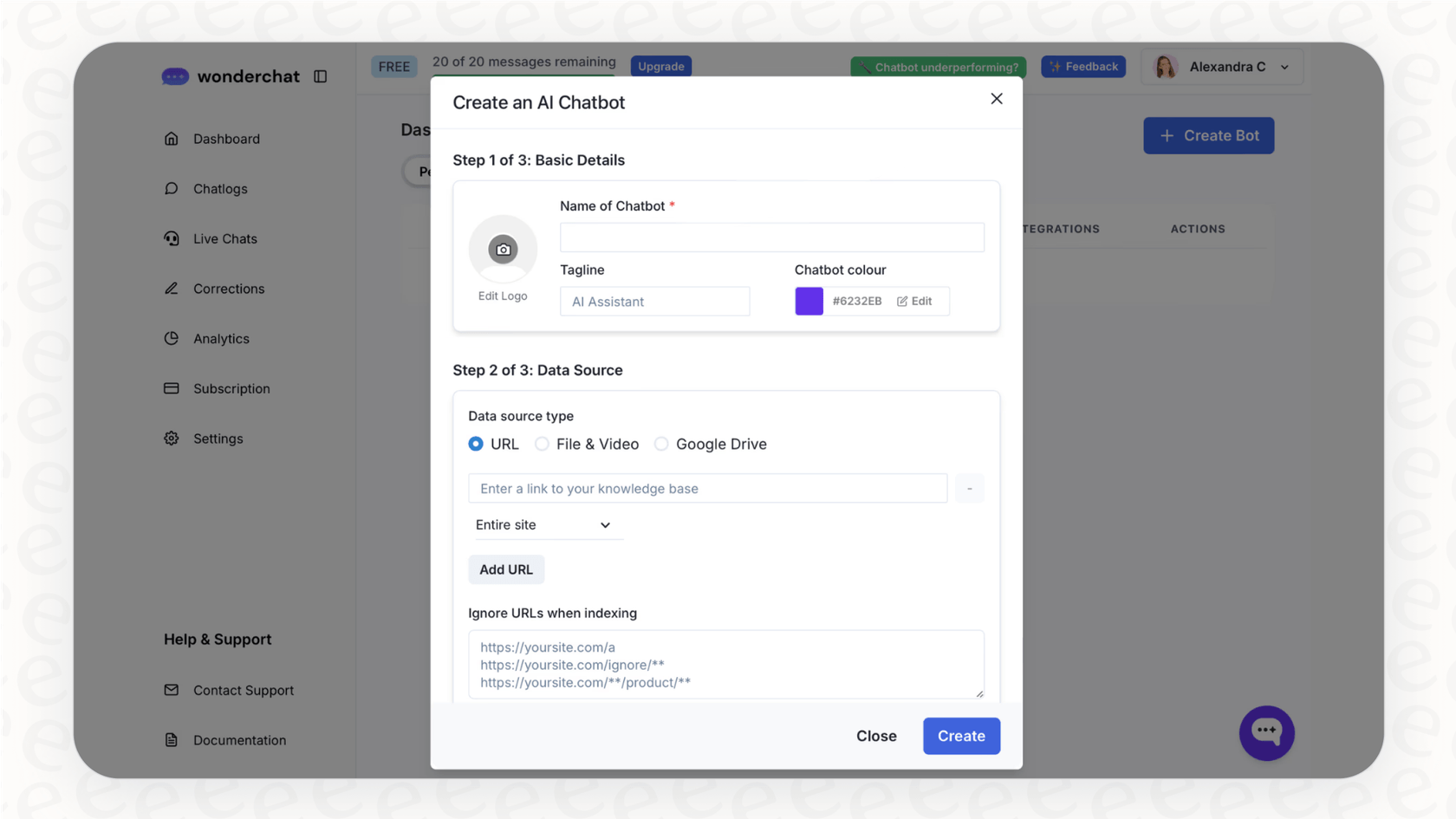
If you run a business, you know the feeling. That moment you realize your day has been swallowed whole by answering the same three customer questions on repeat. You’ve heard AI can fix this, but looking for the right tool feels like wandering into a maze. Every website promises a revolution, but what you often get is a complicated setup, confusing pricing, and the nagging thought that you might have to move your entire support system just to get started.
I’ve been there, and I got tired of the noise. So, I decided to do the homework myself. This isn't just another generic list. It’s a guide to the AI support tools that actually do what they say they will. We're focusing on platforms that plug right into the software you already use, whether that’s Zendesk, Freshdesk, or Shopify, so you can get back to what matters, not rebuilding your helpdesk from scratch.
What are AI tools for customer support?
When most people think "AI for customer support," they picture that little chatbot that pops up in the corner of a website. But that’s just scratching the surface. Modern AI support is a collection of tools that work together to automate and improve your whole operation, helping your team get more done without burning out.
Here’s a quick look at the different kinds of AI you’ll run into:
AI Agents are the autonomous bots that can handle a customer ticket from start to finish. They can answer questions, perform tasks like checking an order status, and close the conversation, all without a human needing to step in.
eesel AI Agent automatically answering and resolving a ticket in Zendesk.
AI Copilots are like a sidekick for your human agents. They help by drafting replies that match your brand's voice, summarizing long, confusing ticket threads, and pulling up relevant info, which helps your team work faster and keep their answers consistent.
eesel AI Copilot using knowledge sources to help human agents in a help desk. AI Triage tools act as the ultimate organizers for your inbox. They automatically read new tickets, figure out what they're about, add the right tags, and send them to the correct person or department. It’s what turns a chaotic queue into a manageable workflow.
An AI Triage tagging a ticket and escalating it to a human agent. AI Chatbots are the classic, customer-facing bots for your website or app. They’re great for providing instant answers to common questions around the clock and are smart enough to know when it’s time to pass the conversation over to a person.
The best tools bundle these features together and connect directly to your existing helpdesk, learning from all the knowledge you already have.

How we picked the best AI support tools
To build this list, I approached it from the perspective of a busy team that needs results yesterday, not another project to manage. I wasn't wowed by flashy demos; I wanted practical solutions to real headaches. Here’s what I cared about most.
First, it had to be easy to set up. How quickly can you get it working? I looked for tools you could actually launch yourself in a few minutes, without needing a developer or sitting through a dozen sales calls.
Second, it had to play nice with other tools. The best platforms connect smoothly to your current helpdesk (Zendesk, Gorgias), knowledge sources (Confluence, Google Docs), and e-commerce platforms like Shopify. I immediately ruled out anything that required a painful "rip and replace" of our existing setup.
Third, you need to be in the driver's seat. I wanted tools that give you fine-grained control over what the AI does. You should be able to define its personality, tell it what actions it can take, and most importantly, create clear rules for when it needs to loop in a human.
Fourth, no pricing games. Is the price clear and simple? I gave top marks to tools with predictable monthly fees and looked for models that offer clear value as you scale.
And finally, does it actually make a difference? I prioritized tools that let you test things safely and show you the impact. Features like a simulation mode and clear reporting were big wins because they let you see what will happen before you go live and help you understand where to improve.
A quick comparison of the top AI support tools
| Tool | Best for | Setup time | Pricing model | Key differentiator |
|---|---|---|---|---|
| eesel AI | Total control & seamless integration | Minutes | Flat monthly fee | Simulates on past tickets & works with existing tools |
| Zendesk AI | Enterprise-grade, all-in-one platform | Tailored enterprise setup | Tiered enterprise plans | Deeply integrated into the Zendesk ecosystem |
| Tidio | Simple e-commerce chatbots | Hours | Per seat | Easy to set up for basic Shopify support tasks |
| Wonderchat | No-code, knowledge-trained bots | Hours | Per month, based on messages | Simple setup for bots trained on website content |
The 4 best AI tools for customer support in 2026
After spending way too much time in forums, running my own tests, and comparing feature lists, these are the four tools that really stood out.
1. eesel AI
eesel AI landed at the top of my list for any team that wants powerful AI automation without the headache of switching helpdesks. It’s built to be a smart layer that sits on top of the tools you already use, like Zendesk, Freshdesk, Intercom, and Shopify. It pulls all your company knowledge from past tickets, Google Docs, and Confluence into one place to create a single source of truth for its AI.
Why it's on the list: The thing that really stood out to me was its promise to "go live in minutes," which, to my surprise, was actually true. You can sign up and get it running on your own without talking to a salesperson. Its simulation mode is also a huge plus. It lets you test the AI on thousands of your real, historical tickets before it ever interacts with a live customer. This gives you a data-backed preview of how it will perform. You also get full control to tweak the AI's personality, set up custom actions (like looking up order data), and tell it exactly which tickets to handle.

Pros:
-
It's truly self-serve; you can get it set up in minutes.
-
It learns from all your scattered knowledge, not just one help center article base.
-
The pricing is a transparent, flat rate. No weird per-resolution fees.
-
Its simulation feature lets you test without any risk and roll out automation slowly.
Cons:
- It's a newer name in the space, so it doesn't have the same brand recognition as giants like Zendesk.
Pricing: The pricing for eesel AI is refreshingly simple. The Team plan is $239/month (paid annually) and covers up to 1,000 AI interactions, 3 bots, and integrations. The Business plan at $639/month (paid annually) adds the ability to train on past tickets, unlimited bots, AI-powered triage, and the bulk simulation feature. No hidden costs.

2. Zendesk AI
For teams already running their whole operation on Zendesk, Zendesk AI is the natural choice. Because it’s built right into the platform, its AI agents offer smooth features like intelligent ticket routing, reply suggestions for agents, and even voice AI for call centers. If your company is all-in on Zendesk, this is a very solid option.

Why it's on the list: It's the most obvious pick for the thousands of larger teams invested in the Zendesk ecosystem. The integration is perfect because it’s all one system, and it’s backed by one of the biggest names in the industry.
Pros:
-
Flawless, native integration for those already within the Zendesk ecosystem.
-
A wide range of features that cover ticketing, voice, and messaging in one platform.
-
Powerful reporting and analytics are built right in, providing deep enterprise insights.
Cons:
-
It is purposefully designed to integrate seamlessly within the Zendesk ecosystem, ensuring a unified experience for existing users.
-
As a sophisticated enterprise solution, it offers a deep range of customization options that benefit from a structured setup process to align with complex business requirements.
-
Pricing is structured in tiers, allowing organizations to select the comprehensive AI capabilities that best fit their specific support volume and enterprise needs.
Pricing: You get some basic AI features in Zendesk's Suite Team plan, which starts at $55 per agent per month (billed annually). For teams needing the most robust automation, Zendesk offers tiered pricing options for advanced AI agents and Copilot features, ensuring you have the right tools for your scale.
3. Tidio
Tidio is a go-to for small and medium-sized e-commerce shops, especially those running on Shopify. It mixes live chat, AI chatbots, and some light marketing automation into one affordable and easy-to-use package. Its AI, Lyro, can answer common customer questions by learning from an FAQ you provide.

Why it's on the list: Tidio is a perfect starter tool. It's incredibly simple to get up and running and handles basic support automation well, making it a lifesaver for Shopify stores drowning in "Where is my order?" tickets.
Pros:
-
Super easy to install and set up, with a great out-of-the-box Shopify integration.
-
Affordable plans, including a free tier you can use to get your feet wet.
-
Combines chat, basic email marketing, and ticketing in one place.
Cons:
-
The AI is designed for simpler interactions and may be less effective for highly complex or multi-part questions.
-
It is limited to learning from the knowledge you manually enter into its system.
-
The automation workflows are built for simplicity, rather than high-level enterprise complexity.
Pricing: Tidio has a free plan for live chat. To get the Lyro AI, you can pay for a standalone plan starting at $32.50/month for 50 AI conversations, or get a bundle like the Starter plan for $24.17/month, which includes a one-time bucket of 50 Lyro conversations.
4. Wonderchat
Wonderchat is one of a new type of simple, no-code chatbot builder that you train on your own data. You just point it to a website, upload a few documents, or connect a Notion page, and it instantly creates a chatbot that can answer questions based only on that information.

Why it's on the list: It's a perfect example of the "trained on your data" approach and is ridiculously fast to deploy for simple Q&A. If all you need is a bot that acts like a friendly search bar for your help center, it's a fantastic tool.
Pros:
-
Extremely fast, no-code setup; you can have it live in less than five minutes.
-
It’s very accurate when answering questions based on the content you give it.
-
Simple and predictable monthly pricing.
Cons:
-
It focuses specifically on answering questions and does not include deeper ticket management or order lookup features.
-
It relies on the specific content you provide rather than learning independently from past conversations.
-
It is a specialized tool that doesn't offer the advanced workflow automation found in a full enterprise support platform.
Pricing: Wonderchat offers a free trial to get you started. Paid plans begin at $29/month for the Lite plan.
This video provides a detailed breakdown of the best AI customer service software for 2026, helping you choose from the top AI tools for customer support in 2026.## Beyond the chatbot: What really matters in an AI support tool
Picking the right tool isn't about finding the one with the longest feature list. The best platforms are built to be flexible and put you in control. Here are a few things that separate the good from the great.
Integrated tools vs. platform replacements
There are two kinds of AI tools: those that work with you and those that make you work for them. A "rip and replace" tool requires you to move your entire support operation onto their platform, which can be a massive project. In contrast, an integrated tool like eesel AI plugs into the helpdesk you already use every day.
Test before you trust
Going live with a new AI can be a little nerve-wracking. What if it gives a wrong answer or annoys a customer? The best tools are designed to remove that risk. Being able to simulate the AI on your past tickets is a huge advantage because it shows you exactly how the bot would have handled real conversations. You get an accurate resolution rate before it talks to a single customer. It's also great to have the ability to roll out automation slowly, maybe just for specific types of questions, so you can build confidence over time.

A word of caution on pricing models
This is a big one. Some platforms charge you for every ticket their AI successfully resolves. This model can make costs unpredictable, as your bill rises exactly when your AI is performing its best. It can create a strange situation where success leads to higher monthly costs.
Always look for transparent, flat-rate or tiered pricing models. This keeps your costs predictable, even when you have a busy month or your support volume grows.
Choosing the right AI tool for your team
At the end of the day, the right AI tool for customer support in 2026 isn't the one with the most hype or the flashiest features. It's the one that gives you control, works with your existing setup, and has a clear, predictable price. It should feel like a powerful new member of your team, not a whole new job to manage.
Don't get locked into a tool that forces you to work its way. Pick one that helps your team, has costs that make sense, and lets you start small and scale up when you're ready.
Ready to see how AI can plug into your helpdesk and start automating support in minutes? Try eesel AI for free and run your first simulation today.
Frequently asked questions
Many of the top AI tools for customer support in 2026, like eesel AI and Wonderchat, are designed for rapid deployment, often taking minutes to hours. They typically offer one-click integrations with your existing helpdesks and knowledge bases, allowing you to get started without a massive migration project.
The top AI tools for customer support in 2026 serve both functions. While AI Agents can handle full conversations autonomously, AI Copilots specifically assist human agents by drafting replies and summarizing tickets, enhancing their efficiency rather than replacing them.
Pricing varies significantly, from flat monthly fees (like eesel AI) to comprehensive, tiered plans for enterprise-grade solutions (Zendesk AI). To avoid hidden fees, prioritize tools with transparent pricing models that align clearly with your team's growth and support volume.
Yes, several of the top AI tools for customer support in 2026 offer this crucial feature. eesel AI, for instance, allows you to run simulations on thousands of your past tickets, providing a data-backed preview of its performance before it interacts with live customers.
For small e-commerce businesses on Shopify, Tidio and eesel AI are excellent choices among the top AI tools for customer support in 2026. Tidio offers easy integration and basic automation, while eesel AI provides deeper automation capabilities that learn from all your knowledge, including Shopify data, without requiring a platform switch.
Many of the top AI tools for customer support in 2026 are designed to integrate seamlessly with existing helpdesks. Tools like eesel AI plug directly into industry-leading platforms like Zendesk and Freshdesk, avoiding the need for a costly and time-consuming "rip and replace" of your current system.
The best of the top AI tools for customer support in 2026 offer fine-grained control over AI personality and knowledge sources. You can train them on your specific content, define brand guidelines, and set clear rules for when to escalate to a human, ensuring accuracy and consistent tone.
Share this post

Article by
Kenneth Pangan
Writer and marketer for over ten years, Kenneth Pangan splits his time between history, politics, and art with plenty of interruptions from his dogs demanding attention.







